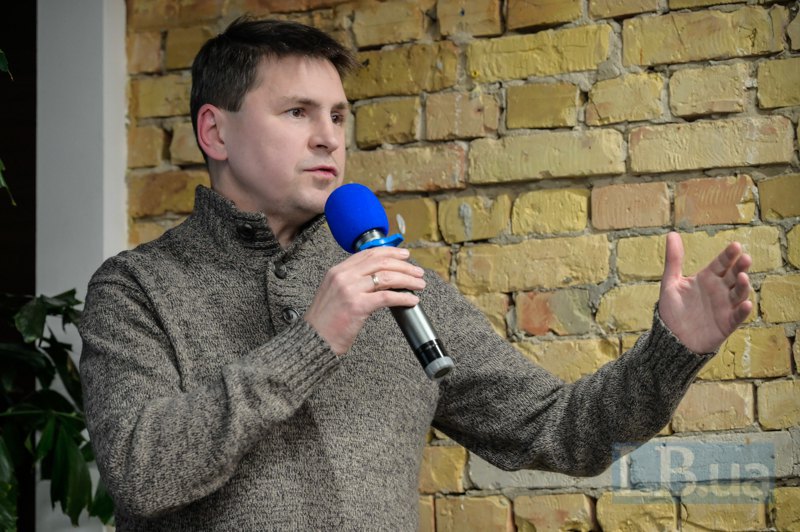"Let's look at this objectively. In terms of understanding war, we are learning. We are picking up some functions in the course of the war - governmental, managerial, those specifically related to war... Mr Zaluzhnyy said in The Economist (and Mr Danilov supported him) that no one understood what a large-scale war in the 21st century was. Our partners did not understand. They did not understand what kind of equipment they needed to provide us with, in what quantity, and how fast.
No-one had the relevant knowledge. And, accordingly, the state of Ukraine could not immediately, from the beginning of the war, say: we need this, this, and it will work like this. Today, everyone is gaining experience. That's why communication from the point of view of society and the state is also being formed now," Podolyak said.
According to him, the government is trying to find a middle ground to tell the truth without driving people into depression.
"There is a limit. We cannot go too far into depression. Everyone says let's talk realistically about the war. What does it mean to talk about the war realistically? To say that we are losing people. Then how do we mobilise new ones? Or do we say, for example, we don't have enough money? Then business will say: if we don't have enough money, let's move our production abroad, because we are losing this war.
Today we are learning to understand where this middle ground is, what we can say in this war and what we shouldn't say. And it is difficult. Believe me, it is difficult. We can perceive the war based on our subjective vision, based on our intellect. Society perceives it 90% differently. It perceives war through emotion, through losses, tragedies, etc. And it's very, very difficult - you can spiral down to the bottom of an emotional pit," he said.

According to Podolyak, at the current stage of the war, depressive moods have a significant impact on decision-making. In particular, in the West, it affects the speed of the already rather slow provision of financial and military assistance to Ukraine.
"I'll talk about a different matter. About mobilisation. Mr Kyrylo (Budanov - Ed.) is right. People have not yet felt that we have a state, because we are a very young democracy. Thirty years is not a period when you feel that your children will always be here. You think you can find a place for yourself somewhere else. And this has an impact. It affects the sense of who you are, what you are," Podolyak pointed out.
"Besides, what is the 21st century? Globalisation, travel, the open world, careers, IT, nightclubs, Ibiza (the island, not the club in Odesa). Everyone had their own dreams, and then you are told that you have to go sit in a trench. 1914. Remarque. All Quiet on the Western Front. You are shocked. You are emotionally unprepared to return from the 21st century to the beginning of the 20th. And it turns out that super-patriotism is just a beautiful word. It's cool to come out and say 'I am a Ukrainian'. But it turns out that there is a price tag to 'I am a Ukrainian'. And all this is under-communicated. Because we are also starting to work it out, understand it, learn it. The state is learning, and communication is changing," Podolyak said.








